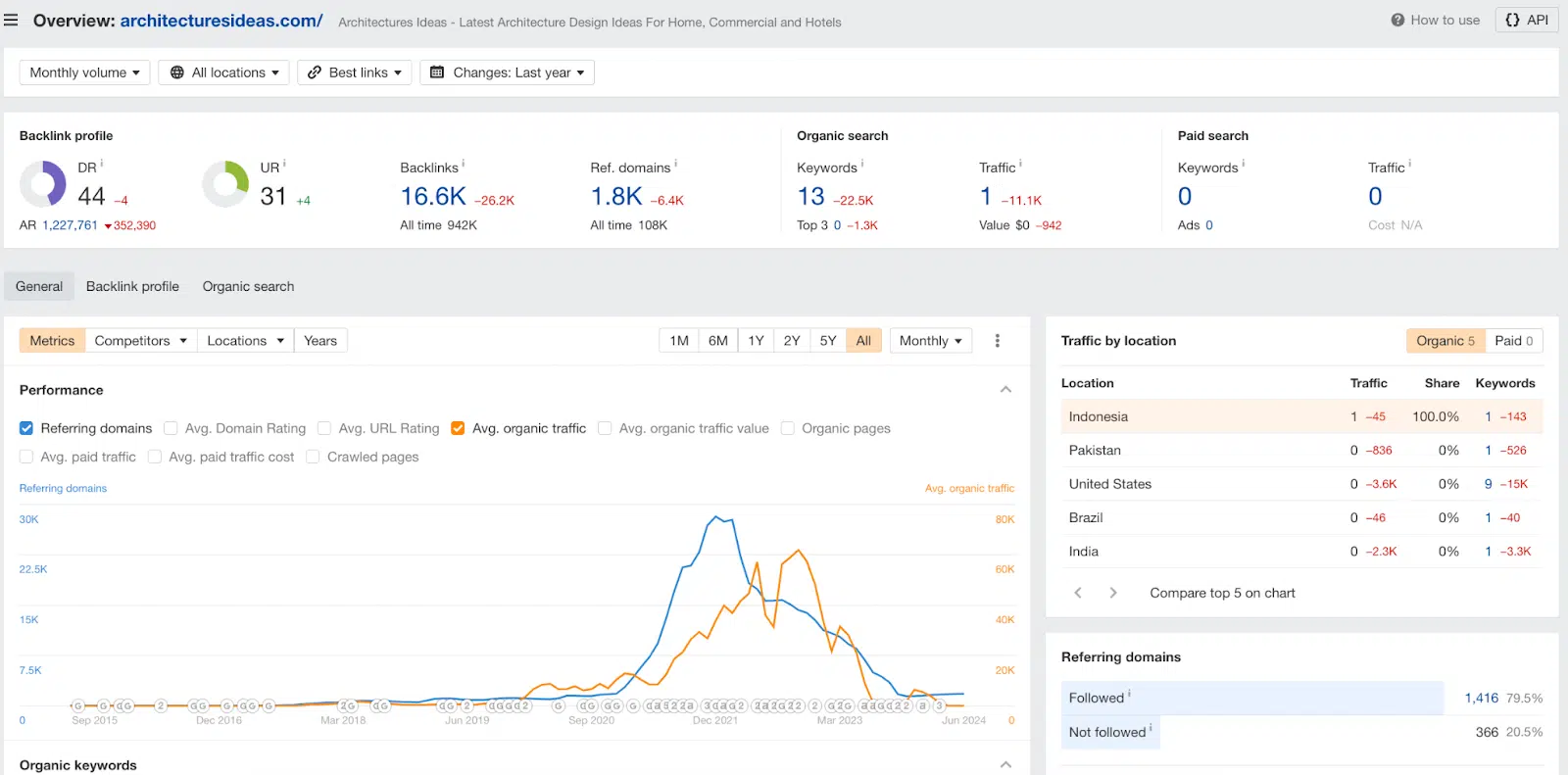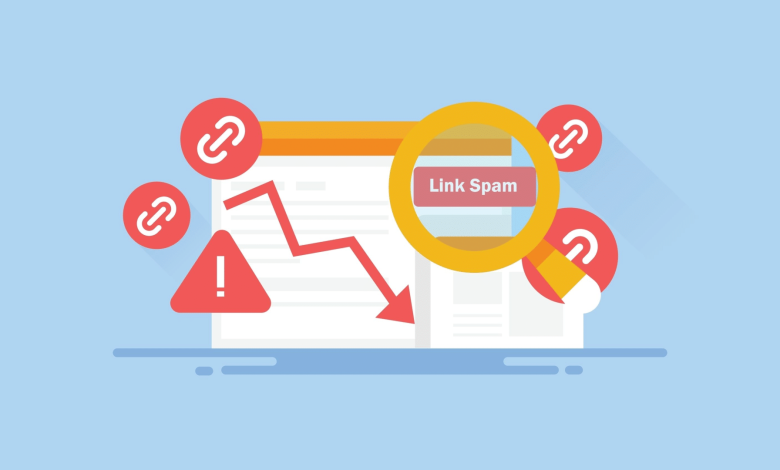
Have you ever been tempted to pay for a really great link?
Between Google’s algorithm leak and Danny Goodwin’s subsequent exposé on the importance of links for rankings, the marketing industry is having its “aha” moment while scrambling to launch digital PR strategies that earn high-authority links at scale.

Sadly, many brands will look for shortcuts, and they’re about to experience the scourge of link network spam.
I’ve been at the receiving end of hundreds of scammy pitches promising high-authority links on seemingly legitimate sites for a fraction of the cost of most reputable content marketing agencies:

What’s even more terrifying is that some of these vendors have access to legitimate sites, and these publishers could soon face penalties as a result.
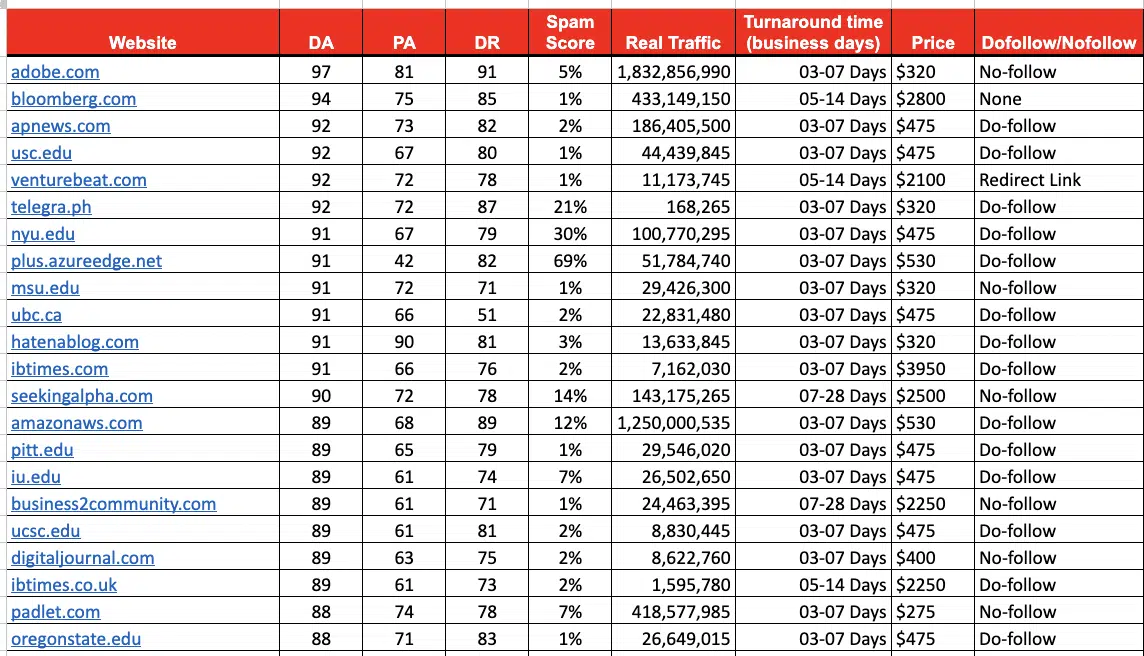

How do you protect your brand from the deluge of link network spam and how can you spot the most toxic sites?
To provide a more data-driven exposé, I curated hundreds of spammy link network pitches we have received over the last few years.
I conducted an in-depth analysis of the commonalities between these pitches along with an audit of the common publishers associated with dozens of vendors, providing insights on how to identify and avoid them.
How to Spot a Spammy Link Network Pitch
The first step in my analysis was consolidating hundreds of these pitches into a single repository, allowing for a thorough examination of their commonalities.
Here’s a brief snapshot of the pitches I analyzed for reference:
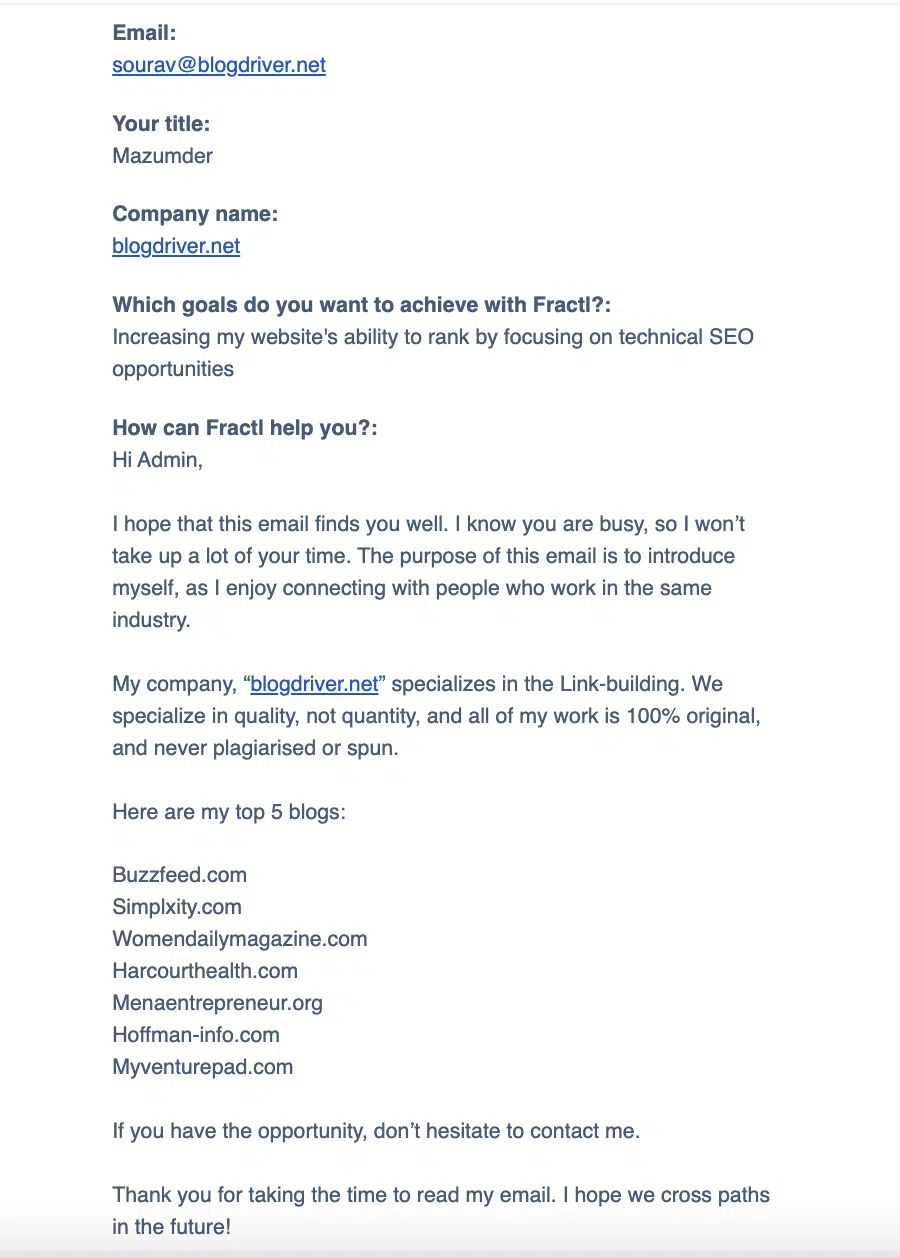

Quickly, patterns emerged in these often generic emails that lacked substance while simultaneously promising remarkable SEO results:
- Overly generic introductions: Vague introductions without specific details about the sender or their credentials.
- “I hope this message finds you well.”
- “I hope you are keeping well and safe.”
- Random capitalization: Incorrect capitalization and grammar issues throughout the pitch.
- “We provide Natural, relevant, in-content links, from 100% real bloggers.”
- “I have a good number of relevant Quality Sites, where I can help you to build Guest Post-Blog Post Links which help you to get good Domain Authority and Rank High in Google and other Search Engines.”
- Too-good-to-be-true offers: Promises of high-quality backlinks on sites with high Domain Authority (DA) for very low prices.
- “I can offer you access to a curated list of high-demand and premium websites with Domain Authority (DA) ranging from 50 – 90.”
- “We can tap into my extensive network to deliver exceptional results, improving your clients’ search rankings and organic reach.”
- Urgency and no upfront costs: Claims of no upfront costs, which often indicate a pay-after-results scam.
- “Permanent Post Guaranteed. Do-Follow. Payment after link. The post will be Google Index.”
- “I have more than 10k sites with high traffic. Price starts from $10. Should I send you my site lists?”
- Guaranteed results: Assurance of guaranteed results or permanent links, which is not always realistic in SEO.
- “We offer permanent links, guaranteed.”
- “Choose from 73k+ websites across 60+ niches for efficient link-building. Receive live links in 2-3 business days.”
- Lack of trust signals: No reference to specific brands they’ve worked with, nor the inclusion of any case studies or specific metrics demonstrating their results.
- Lack of personalization: Generic emails that do not address the specific needs or content of the recipient’s website.
- Suspicious contact information: Unbranded email addresses (@gmail.com); often lacking legitimate names and verifiable contact information.
Understanding these patterns should be the first step in redirecting these pitches to your spam folder.
While I’m hopeful that most CRMs will allow you to blacklist certain keywords from your contact forms (e.g., “guest post service provider”) soon, it’s important to teach your team to recognize these trends.
This will help them better identify potentially harmful link-building pitches that could jeopardize your website’s standing with search engines.
The Most Common Strategies of Shady Link Building Agencies
While there are dozens of effective link-building strategies that could drive incredible results for your brand, scammy vendors commonly rely on low-value or black hat strategies instead.
1. Guest Post Solicitors: ‘Pay a nominal fee to pen a column on my site that gets 50K monthly visitors’
One of the most common pitches we receive is from vendors soliciting guest posts as a way for our clients to “quickly and easily earn high-value” links. These pitches pose the most harm to SMBs, since they prey on their smaller budgets, limited capacity, and eagerness to drive quick results.
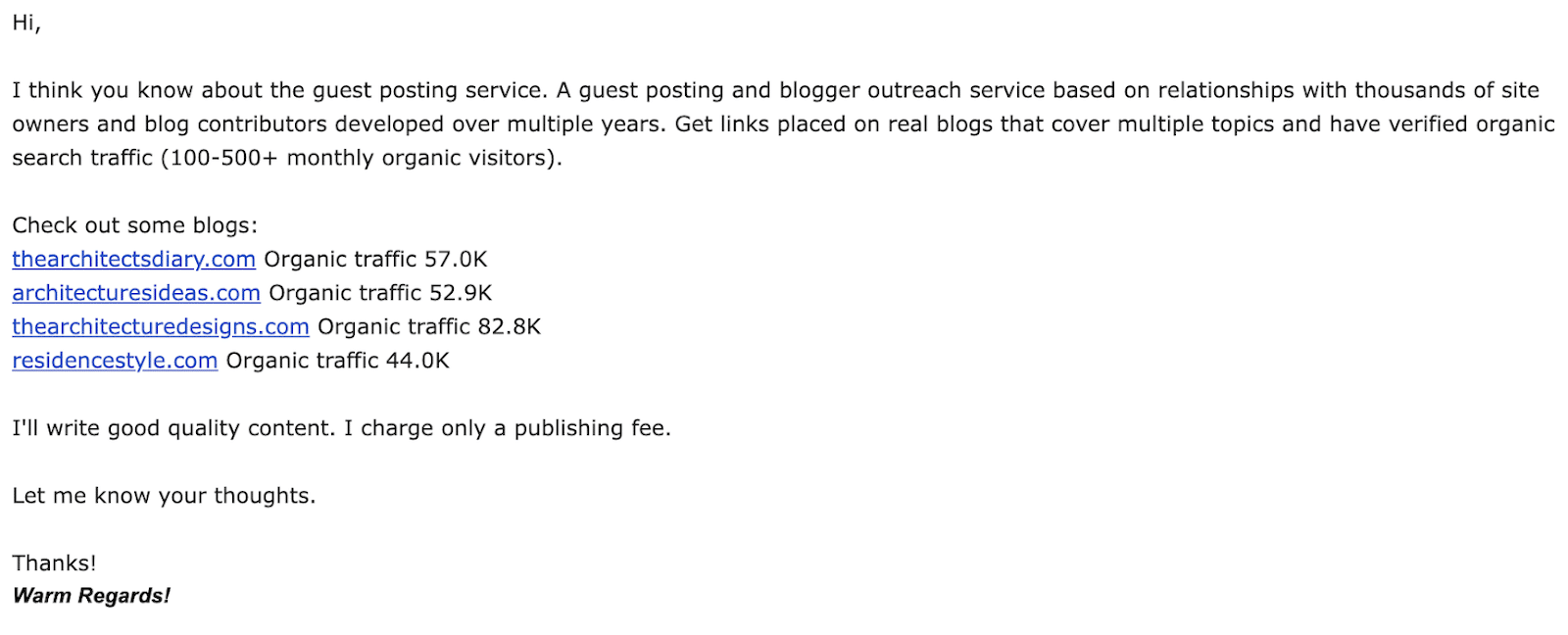

But they come at a steep price: Your site being deindexed.
Oftentimes, these vendors claim to own sites that generate five figures in monthly organic traffic, which is your first opportunity for a quick spot check.
More often than not, you’ll see an exponential growth curve in referring domains, which is mirrored by an equally drastic decrease in organic traffic.
